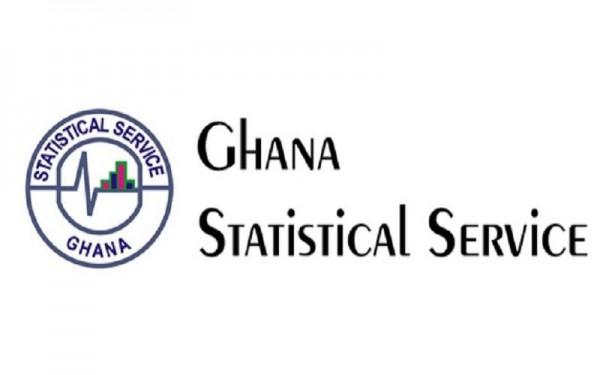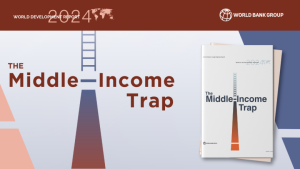The inflation rate fell sharply in November 2023 to 26.4 per cent compared to 35.2 per cent in the previous month, the Ghana Statistical Service said on Thursday.
This means that in November 2023 the general price level was 26.4 per cent higher than November 2022.
The Month-on-month inflation between October 2023 and November 2023 was 1.5 percent.
It is the fourth consecutive month, that Ghana has experienced a declining inflation rate, on course to meet and exceed the Bank of Ghana’s target of 29%.
This month-on-month reduction of 8.8% represents the most significant drop recorded in Ghana over the past 13 months, primarily attributed to a decrease in food inflation. Notably, fish and other seafood, as well as water and soft drinks, experienced deflation during this period.
Professor Samuel Annim, the government statistician who disclosed these at a press briefing, said the consumer price index for November 2023 was 198.2 relative to 156.8 for November 2022. He said food inflation contributed 32.2 percent to all inflation compared to last month’s food inflation of 44.8 percent and the month-on-month food inflation of 0.8 percent.
Meanwhile, non-food inflation also contributed 21.7 percent, compared to last month’s non-food inflation of 27.7 percent, with month-on-month inflation of 2.2 percent.
Inflation for imported items was 27.1 percent, as compared to inflation for locally produced items at 26.1 percent.
On a regional basis, the Western Region recorded the highest inflation rate of 39.8 percent, with the Greater Accra Region overtaking the Ashanti Region to record 31.3 percent as the lowest regional inflation.
Previously, the North East Region recorded the highest regional inflation of 54.4 percent.














